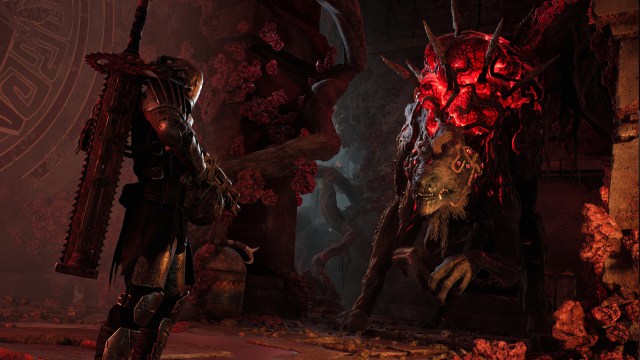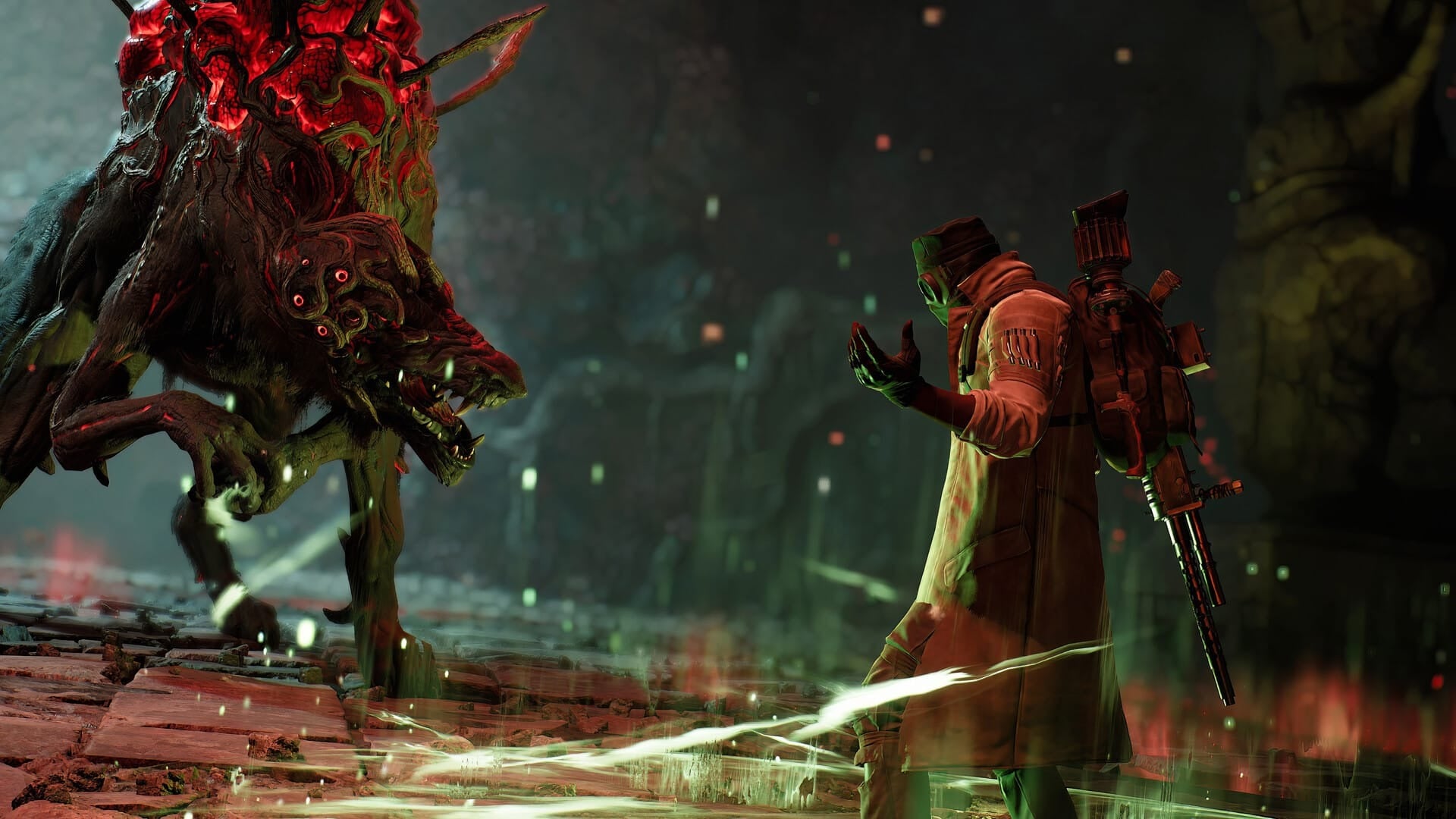Remnant 2 is a challenging and unforgiving game that can swiftly ruin even the best-laid plans, which makes tips for beginners even more crucial.
Going in blind to Remnant 2, as I did having not played the original game, is a daunting task. There’s no hand-holding here, the fight is the fight and, if you’re not prepared, you’ll have to go again and again.
It can be offputting, especially early on when I was wondering why on earth I was putting myself through punishment but, after you get to grip with things, you can come out on top and there’s no better feeling than finally defeating an enemy that has given you so much trouble.
Mistakes early in the game can be costly and there is a lot to take in, so make use of these beginner’s tips to help you avoid making the same mistakes as I did.
Break everything
It took me an embarrassingly long time to figure out that parts of the environment are destructible and it’s not just a great way of taking out frustration, as it can yield important materials.
Scrap, the main currency in the game, regularly drops from destroying things in the environment and any opportunity to boost line your pockets further is important—even more so in the early game.
Remnant 2 has a wealth of different weapons, Mods, Mutators, and more to find, many of which require crafting, and Scrap, to get your hands on.
There’s nothing worse than discovering something you really want to add to your build, only to find yourself short on Scrap and needing to venture back out to gather more.
Related: All Archetypes in Remnant 2 and how to unlock them
Listen for audio cues

Your ears are your friend in Remnant 2 and you should always be listening out for cues that a huge fight is about to kick off.
Sounds in the game indicate when a mob of enemies is about to attack or when an elite enemy is on their way, with specific sounds indicating a different type of enemy.
That gives you time to get prepared for what you’re about to face and, depending on the enemy, may mean backing off to extend the distance to your foes or closing ranks to inflict short-range damage.
Learning the cues takes time but, after a while, you’ll soon begin to pick up on what the game is telling you.
Master the dodge
Dodging in Remnant 2 is the most effective tool at your disposal for defense, making you invulnerable for a short period of time—which is particularly effective when dealing with beam attacks or similar.
Dodging can be done in any direction to move you out of danger, but it is also extremely effective when doing a backstep. When you dodge without pressing a direction, you’ll do the backstep action instead.
While the period of invulnerability is shorter, it does not consume any stamina and it does not get affected by encumbrance, plus it means you can quickly return to a more offensive stance to resume attacking.
It’s worth remembering that your dodges change depending on the weight of your armor, with a higher encumbrance resulting in more limited movements. At the highest levels, the dodge roll doesn’t occur and you will instead flop awkwardly into a belly dive.
Related: All Remnant 2 armor sets and how to get them
Find your preferred weapon
It can be tempting to switch your weapons on the fly to try out new things but I learned the hard way that this is a swift way to completely bankrupt your crafting resources.
Guns in Remnant 2 can be upgraded, which I advise doing as often as possible, so if you are switching guns regularly like I was, you’re essentially throwing away valuable Scrap into weapons you won’t be using.
Instead, the best approach is to find a weapon you like and stick to using that, upgrading it as much as possible, and then looking at other weapons once you’ve finished the campaign and have more freedom.
Personally, I prefer the automatic weapons to single-fire as my aim isn’t very good, nor have I mastered the dodge just yet, so I need to inflict as much damage as I can as quickly as I can.
Make use of Mods and Mutators

Weapon Mods in Remnant 2 provide a considerable boost when tackling enemies by inflicting damage over time, exposing weak spots, and more. As soon as you get them, make sure they’re being used.
Mods vary in power, with the best being craftable with items that drop after defeating specific bosses, so don’t be afraid to switch things up on the fly—though I always recommend using something that can inflict status effects like burning for consistent damage, particularly against shielded enemies.
Mutators work similarly and can be applied to both ranged and melee weapons. Each weapon has a single slot for a Mutator but there is no energy requirement to use, plus you can switch them out on the fly.
But, like weapons, it’s best to find one you like and focus on leveling it up, increasing the benefits it provides.
Swap Archetypes to level
Archetypes in Remnant 2 are important and you are not limited to just one. Players can use dual Archetypes for further benefits, or swap things around entirely with a rebuild.
On that front, we recommend switching out your primary Archetype once it hits level 10, as you seemingly get more experience for your primary than your secondary.
By switching out, you can quickly level up other Archetypes to use, which provides more customization when you’re preparing to face specific bosses and enemies.
If you can, purchase additional Archetypes and swap around so you are always leveling one to max, giving you more options when it comes to a tough boss fight.













Published: Jul 26, 2023 05:14 am